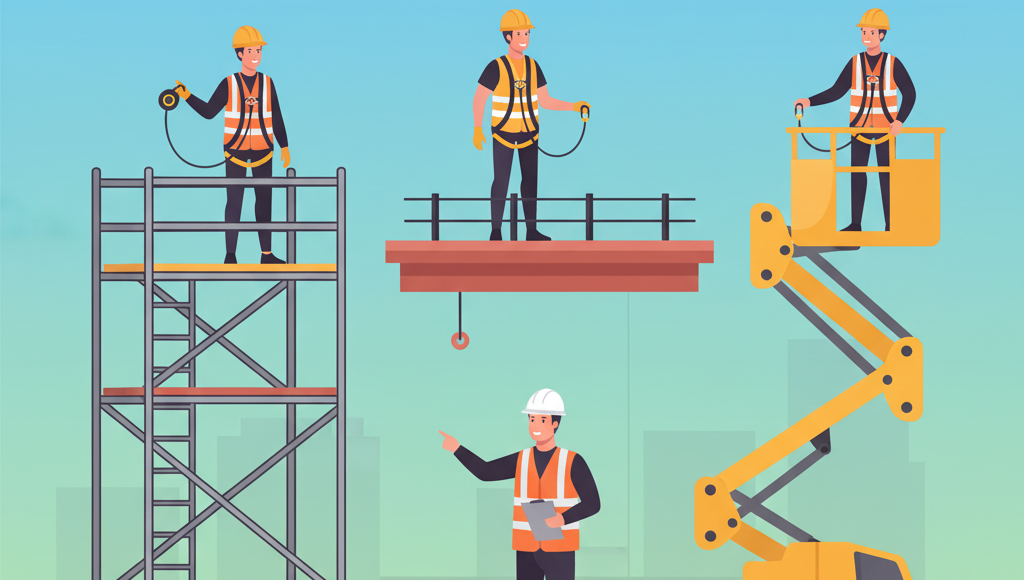With Fall Protection being the most often cited safety violation across work sites, it’s important to know when it is required to be used. Below is a list of examples of when OSHA requires protection to be used, along with illustrations showing situations of use or lack thereof.
Fall Protection is needed when any one of the following occurs:
1. A worker is on a walking/working surface that has an unprotected area
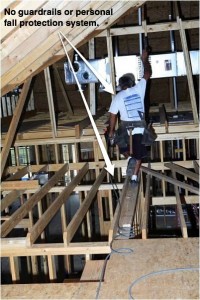
2. When Constructing a Leading Edge
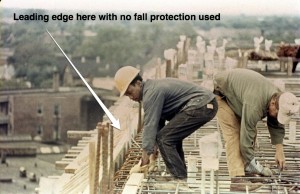
3. If there is any chance that a worker may fall through a hole in a walking/working surface
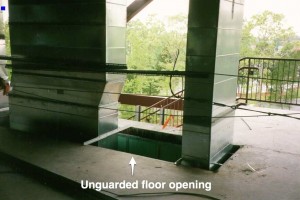
4. When work is being performed on the face of formwork or reinforced steel
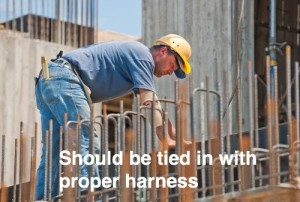
5. With the use of ramps, runways, or other walkways
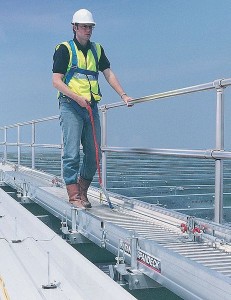
6. When working at the edge of an excavation, well, pit, or shaft
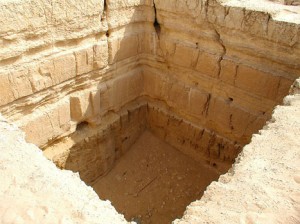
7. When working above dangerous equipment
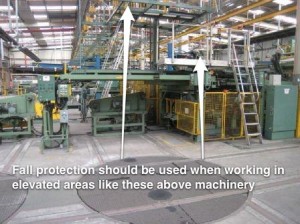
8. When performing overhead bricklaying or similar work
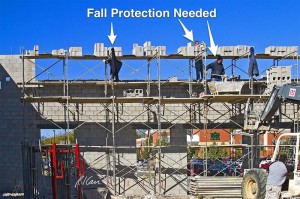
9. With any kind of roofing work
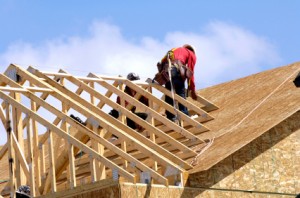
10. When erecting pre-cast concrete
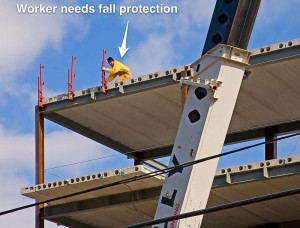
11. Working at heights in residential construction
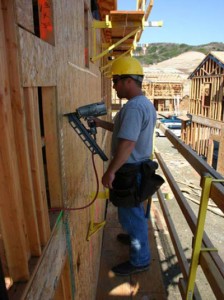
There may be other instances when using some form of Fall Protection would be a good idea to provide an extra layer of safety for you but the above guidelines are given by OSHA as times when it is necessary.
Keep in mind there are several different kinds of fall protection, as well as fall arrest systems that can be employed in any of the above situations. We go into all of these and more in much greater detail in our Fall Protection for the Competent Person Course.
The specific work being performed will dictate the method of protection you should use. We will dive deeper into the different methods and systems used in fall protection in a later blog post. The purpose of this post is solely to detail the specific situations when fall protection must be used and to illustrate some real world examples on every day job sites. Hope you enjoyed! And let us know any questions or comments in the comments section below.



